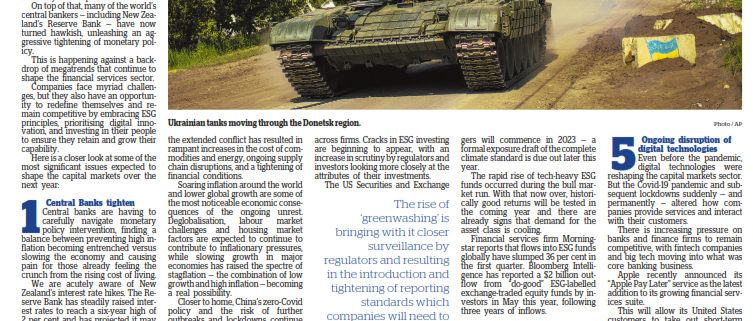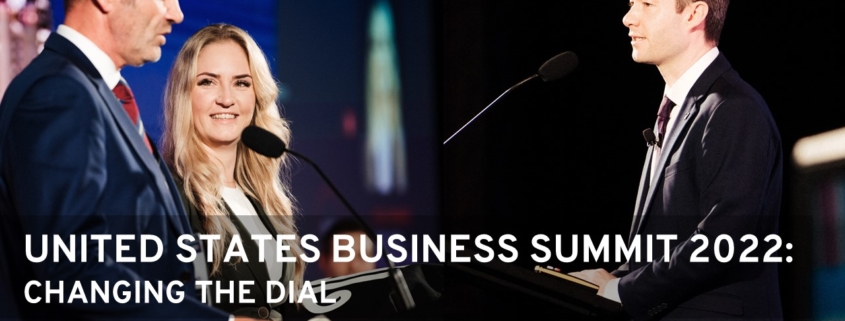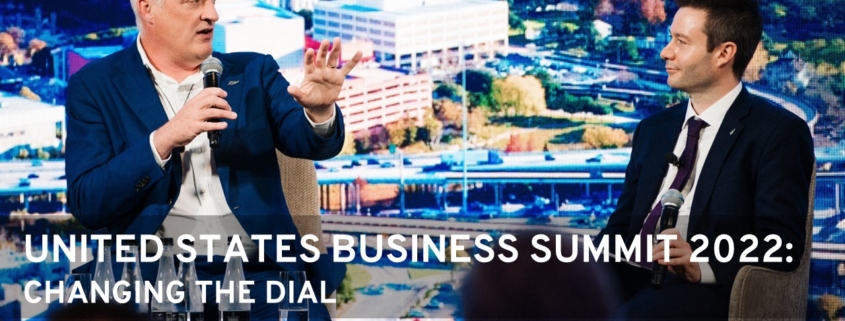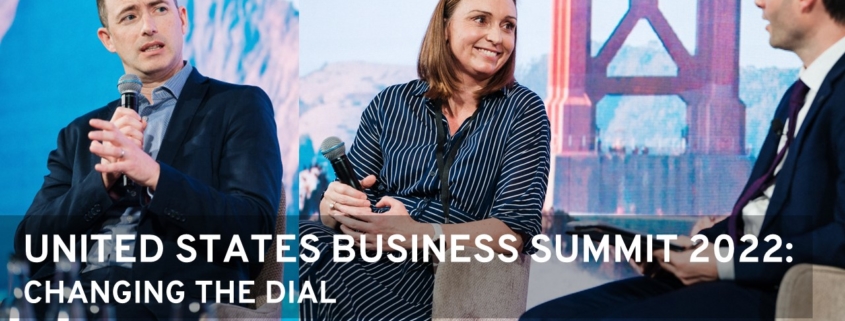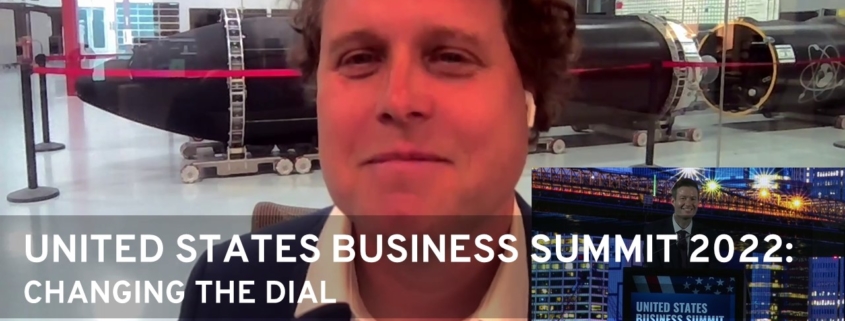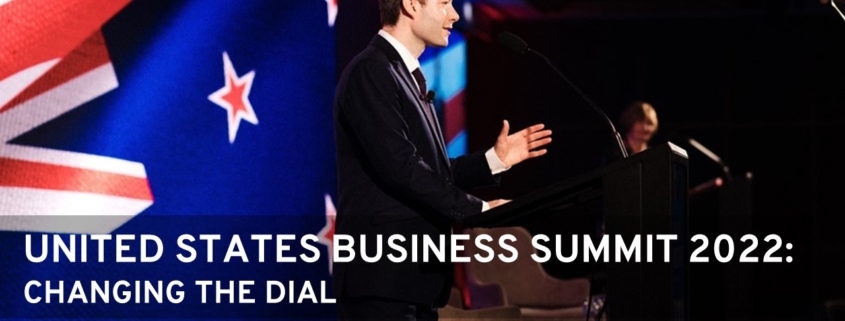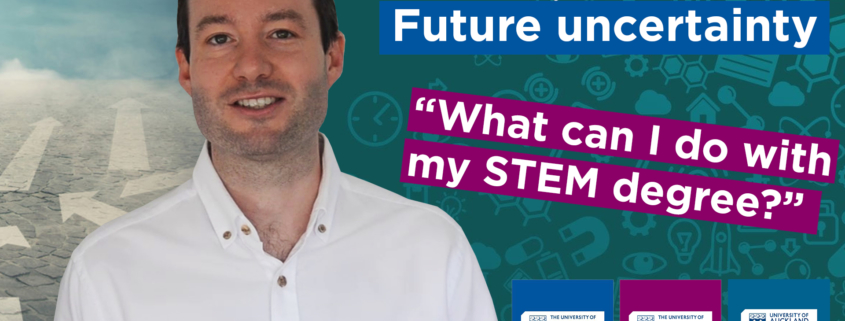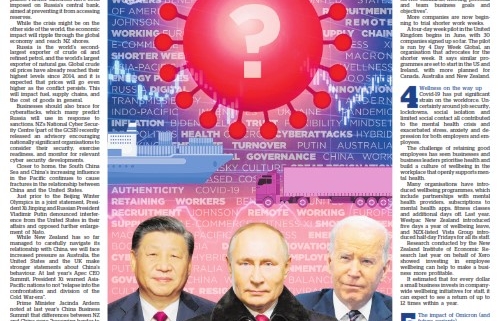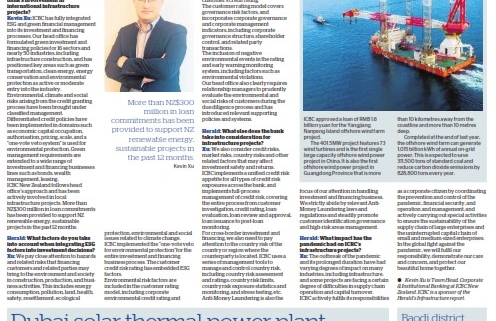Surviving the Bears: Five big capital markets trends to watch
Surviving the Bears: Five big capital markets trends to watch
Just when there was hope emerging that the Covid-19 pandemic was being brought under control and turning a corner, Russia’s invasion of Ukraine has reignited uncertainty and had a wide-ranging impact on the global economy and capital markets.
On top of that, many of the world’s central bankers — including New Zealand’s Reserve Bank — have now turned hawkish, unleashing an aggressive tightening of monetary policy.
This is happening against a backdrop of megatrends that continue to shape the financial services sector.
Companies face myriad challenges, but they also have an opportunity to redefine themselves and remain competitive by embracing ESG principles, prioritising digital innovation, and investing in their people to ensure they retain and grow their capability.
Here is a closer look at some of the most significant issues expected to shape the capital markets over the next year:
1. Central banks tighten
Central banks are having to carefully navigate monetary policy intervention, finding a balance between preventing high inflation becoming entrenched versus slowing the economy and causing pain for those already feeling the crunch from the rising cost of living.
We are acutely aware of New Zealand’s interest rate hikes. The Reserve Bank has steadily raised interest rates to reach a six-year high of 2 per cent and has projected it may need to rise to 3.8 per cent by mid-2023.
This is happening around the world. The UK’s Bank of England has raised interest rates in a fifth straight meeting, sending a strong signal that bigger moves will follow if needed to fight resurgent inflation. Earlier this month, Switzerland’s central bank raised interest rates for the first time in 15 years – also hinting that it was ready to hike the rate further.
Inflation in the United States has hit a 40-year high of 8.6 per cent and the Federal Reserve has responded with the sharpest raise of interest rates since 1994. When that news hit earlier this month, the tech-heavy Nasdaq with its speculative stocks fell over 3.5 per cent.
The S&P 500 index fell more than 20 per cent off its peak and officially hit bear market territory, with JP Morgan analysts suggesting the result now implies “an 85 per cent chance of a US recession.”
Here, analysts expect a short and shallow recession, but there are fears that poor results in global economies may make it worse than anticipated. US Federal Reserve chair, Jerome Powell said “no one knows with any certainty where the economy will be a year or more from now,” making it likely that investor concerns will continue for some time to come.
2. Geopolitical shockwaves test capital markets
Some four months into Russia’s invasion of Ukraine, the extended conflict has resulted in rampant increases in the cost of commodities and energy, ongoing supply chain disruptions, and a tightening of financial conditions.
Soaring inflation around the world and lower global growth are some of the most noticeable economic consequences of the ongoing unrest. Deglobalisation, labour market challenges and housing market factors are expected to continue to contribute to inflationary pressures, while slowing growth in major economies has raised the spectre of stagflation — the combination of low growth and high inflation — becoming a real possibility.
Closer to home, China’s zero-Covid policy and the risk of further outbreaks and lockdowns continue to concern markets about longer-than-expected disruptions to global supply chains and further inflationary pressures. The zero-Covid policy, which tolerates slower economic growth in favour of the elimination of the virus, shows no sign of abating ahead of the 20th National Congress of the Chinese Communist Party later this year in which President Xi Jinping is expected to secure an unprecedented third term.
There are signs geopolitical ramifications could reverberate across capital markets for some time and will test the resilience of the financial system.
Chief economist at the International Monetary Fund, Pierre-Olivier Gourinchas, warns that the world is at risk of fragmenting into “distinct economic blocs with different ideologies, political systems, technology standards, cross-border payment and trade systems, and reserve currencies”.
3. ESG is tested
Investing within an ESG framework — where environmental, social and governance factors are considered — has become the fastest-growing segment of the asset management industry. However, the lack of standardisation in reporting has brought with it criticism that non-financial metrics might be misrepresented, making ESG investments hard to define and almost impossible to compare data across firms. Cracks in ESG investing are beginning to appear, with an increase in scrutiny by regulators and investors looking more closely at the attributes of their investments.
The US Securities and Exchange Commission is investigating potentially dubious claims made by Goldman Sachs’ asset-management arm about its ESG funds; earlier this month German police raided the offices of asset manager DWS and its majority owner Deutsche Bank as part of a probe into allegations of greenwashing.
The rise of “greenwashing” is resulting in the introduction and tightening of reporting standards which companies will need to grapple with.
In March, the US Securities and Exchange Commission proposed enhanced disclosure requirements for advisors and funds that market themselves as having an ESG focus. This would require disclosure in reporting including information about climate-related risks that are reasonably likely to have a material impact on their business as well as detail on greenhouse gas emissions.
The European Union is introducing its own Corporate Sustainability Reporting Directive, which comes into effect in 2023. This mandates a broader set of disclosure standards compared to the US proposal that sweeps across the environmental, social and governance domains.
New Zealand’s mandatory climate-related disclosures that will apply to around 200 large publicly listed companies, insurers, banks, non-bank deposit takers and investment managers will commence in 2023 — a formal exposure draft of the complete climate standard is due out later this year.
The rapid rise of tech-heavy ESG funds occurred during the bull market run. With that now over, historically good returns will be tested in the coming year and there are already signs that demand for the asset class is cooling.
Financial services firm Morningstar reports that flows into ESG funds globally have slumped 36 per cent in the first quarter. Bloomberg Intelligence has reported a $2 billion outflow from “do-good” ESG-labelled exchange-traded equity funds by investors in May this year, following three years of inflows.
4. Global talent shortage an ongoing headache
Talent shortages are hitting all industries but are being keenly felt in the capital markets.
To remain competitive throughout the “Great Resignation”, companies need to rethink what they can offer employees to attract and retain them.
With worldwide competition for skills, employees have the upper hand in negotiations for the first time in a long time.
The 2022-23 Hays Salary Guide suggests the top factors driving turnover in the accountancy and finance industry across Australia and New Zealand are uncompetitive salaries, a lack of promotion opportunities, and poor management style or workplace culture.
But employees are also increasingly looking to work for companies they can be proud of.
Businesses have an opportunity to stand out in if they can clearly articulate their purpose and provide meaningful jobs that go beyond commercial outcomes — including ESG principles.
Firms are also under pressure to redefine the workplace and how work is done. Successful firms in the capital markets will balance the desire to attract employees back into the office with the expectation from staff for organisations to offer hybrid or flexible working.
Making this work long-term for teams that have varying wants and needs, while maintaining service delivery and productivity, will be critical.
5. Ongoing disruption of digital technologies
Even before the pandemic, digital technologies were reshaping the capital markets sector.
But the Covid-19 pandemic and subsequent lockdowns suddenly — and permanently — altered how companies provide services and interact with their customers.
There is increasing pressure on banks and finance firms to remain competitive, with fintech companies and big tech moving into what was core banking business.
Apple recently announced its “Apple Pay Later” service as the latest addition to its growing financial services suite.
This will allow its United States customers to take out short-term loans directly with the tech giant, sidelining its traditional banking partners.
To remain competitive, businesses are bolstering their teams with specialised capabilities in technology — including data analytics and cyber-security, artificial intelligence (AI) and cloud — all areas that are considerably impacted by the global talent shortage.
Technology research firm Gartner forecasts that IT spending by banking and financial services firms will grow by 6.1 per cent globally this year as they aim to adopt technologies that will make the lives easier of consumers and businesses.
This disruption may well be good news for New Zealand’s tech export sector.
The Technology Investment Network’s (TIN) Fintech Insights Report highlights that fintech’s five-year compound annual revenue growth rate has reached 32 per cent.
In 2021, revenue for the sector rose 24.4 per cent, with employment also lifting 14.2 per cent.
“The continuing online growth of online commerce, accelerated by the Covid pandemic, will only serve to strengthen the importance of the New Zealand fintech sector as more tech companies and investors seek opportunities,” says TIN’s managing director Greg Shanahan.
In a world of ongoing uncertainty, the sector is expected to be an important contributor to the New Zealand economy in the years ahead.

